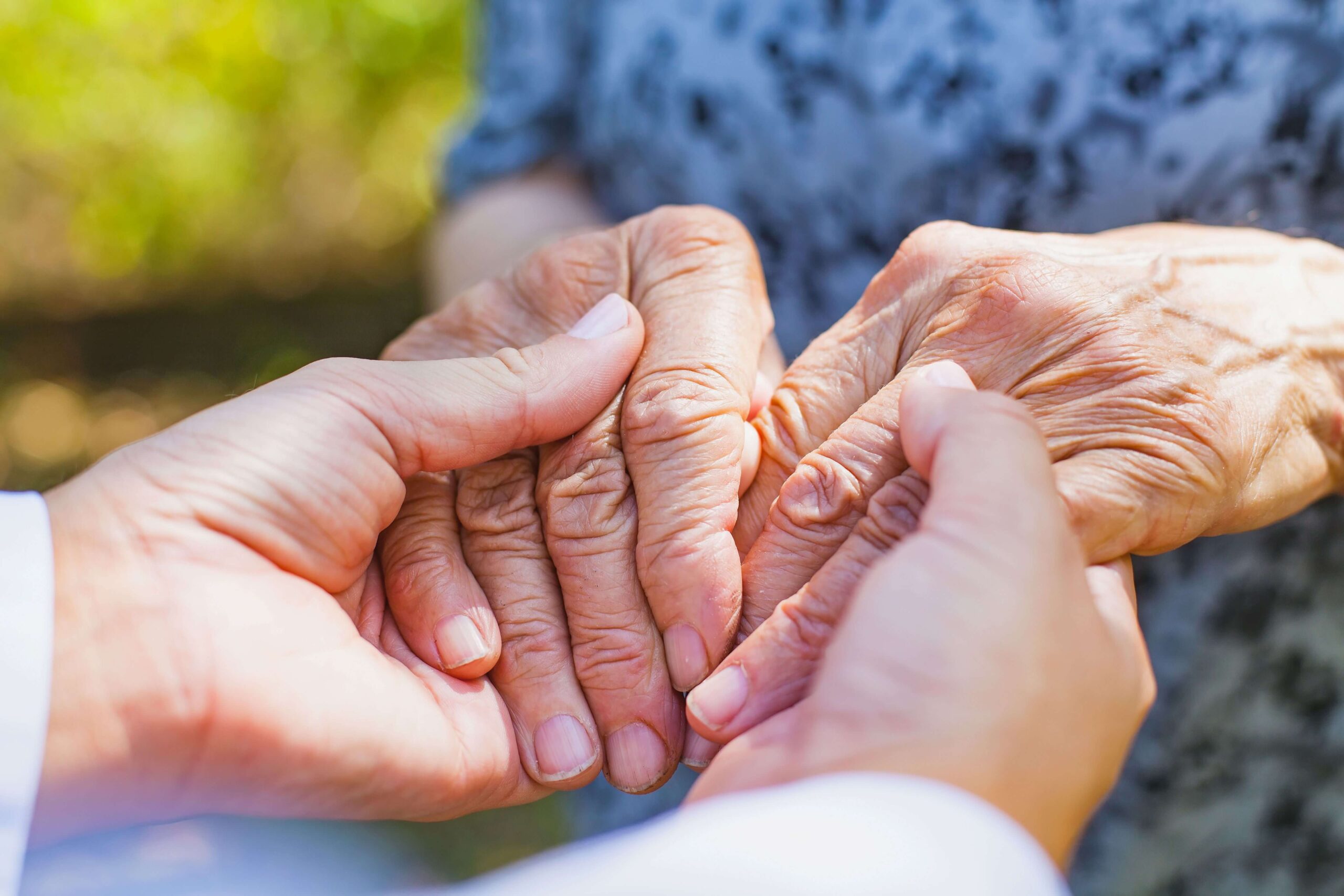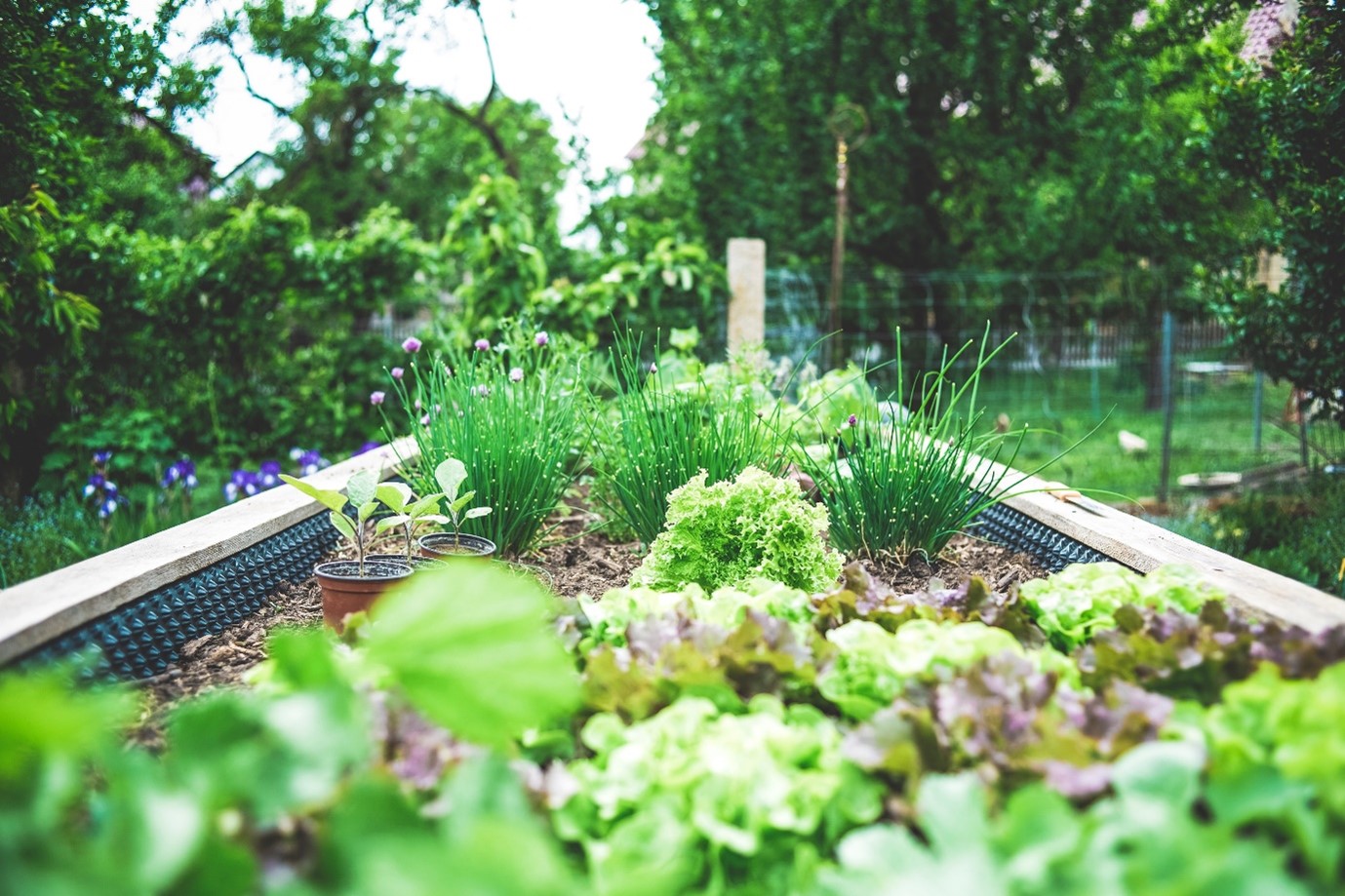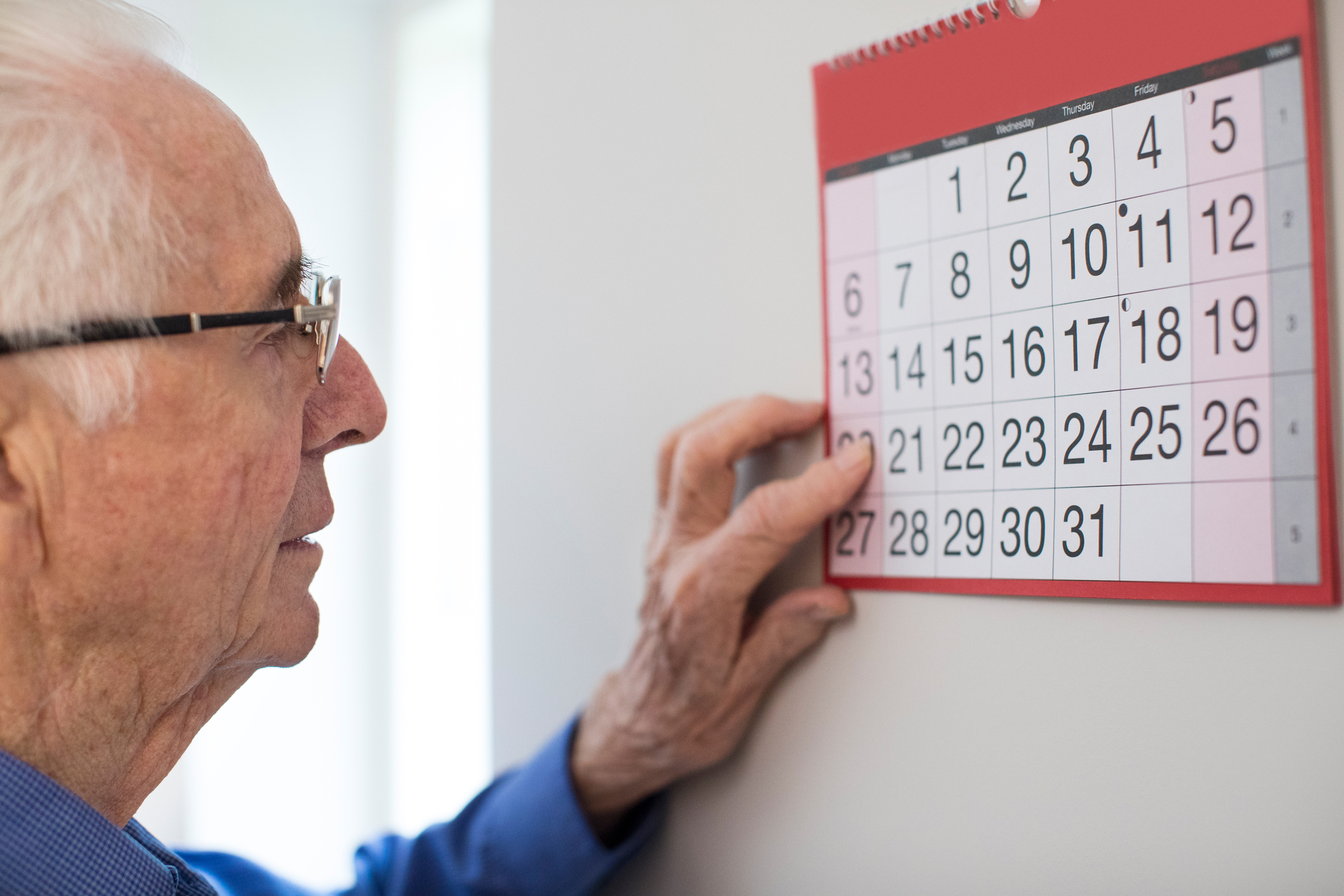Touch Therapy: Using Tactile Stimulation to Improve the Quality of Life for People with Dementia
Our senses help us to understand the world around us and within us. Most people understand that we have five senses – taste, touch, smell, hearing, and sight – but did you know there are more senses which not many of us know? Having too much or too little sensory input/awareness can have a huge impact when the brain is affected by age or dementia. Did you know we can actually use these senses to improve the quality of life of people living with dementia?
The 8 Senses
So, let’s look at what senses we have.
The 5 senses most people know
Most people understand that we have five senses and the impact when we lose one of those:
- Touch– it is thought that this sense is the first to develop. There are several different nerve cells in the skin that help us to differentiate between sensations such as pressure, temperature, light touch, vibration, and pain.
- Taste– We usually think of taste as being one of four – sweet, salty, bitter, and sour – but there is a fifth one, savoury. It is also a myth that different areas of the tongue relate to a different taste – the sides however are more sensitive than the middle of the tongue.
- Smell– Our ability to smell comes from the olfactory cleft – located in the roof of the nasal cavity – and near the parts of the brain responsible for smell. Nerve cells in the olfactory cleft, transmit smells to the brain.
- Hearing– The ear is a complex organ with many components impacting our ability to hear. Vibrations are detected by the ear and transformed into an electrical impulse that is interpreted by the brain. The middle and inner ear are also important for our sense of balance.
- Sight– One of the most complex senses is our vision. The parts of the eye and brain work together to allow us to see the world around us and include the lens, retina, and optic nerve. People who are blind experience an enhancement in the other senses to help them perceive their environment.
The 3 senses not many people know
In addition to the well-known 5 senses, the 3 senses which hugely impact our daily living are:
- Vestibular – the sense of balance and spatial orientation
- Proprioception – muscle and joint movement
- Interoception – awareness of internal body signals e.g., hunger, thirst, etc.
In this blog, we will explain the changes in senses happening due to brain changes and also provide you with hope by introducing some ideas of simple tactile (touch) activities that you can use to help yourself or support someone living with dementia.
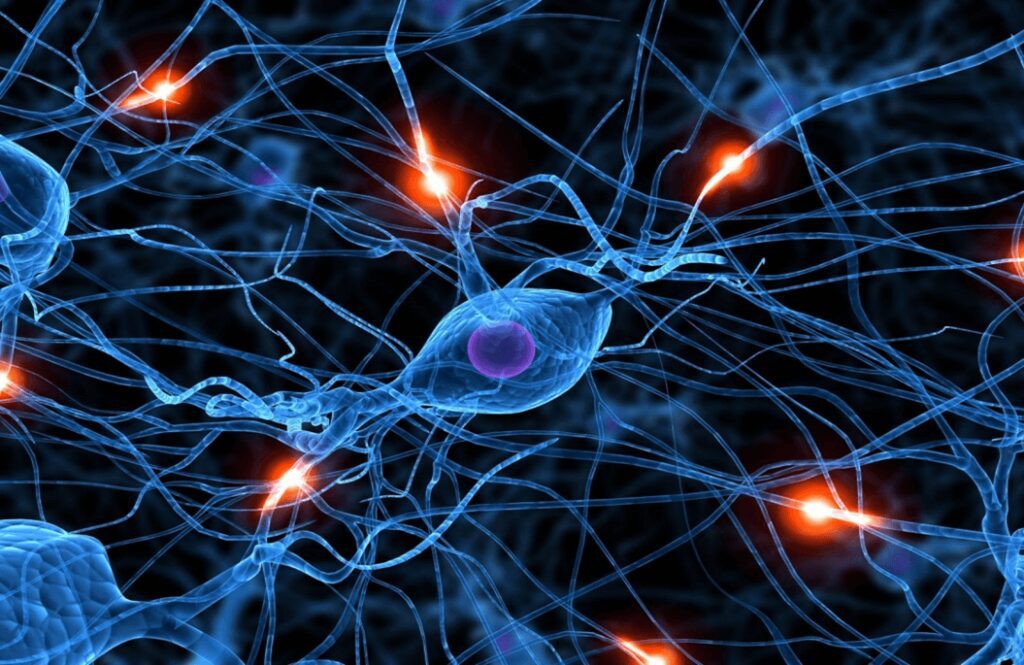
What happens to the person with severe dementia?
Severe or late-stage dementia is characterised by several changes in both cognitive and physical abilities. You might notice the following changes –
- Unable to recall what has happened even a few minutes ago.
- Impaired communication – unable to understand or make speech.
- Incontinent
- Requiring assistance with all tasks – showering, dressing, toileting, and eating
- Unable to recognise familiar people.
- Unable to recognise everyday objects and how to use them.
- Restlessness and agitation
- Poor mobility – may not be able to walk.
- Unable to sleep at night.
Whilst these changes are significant, it is important to remember that people in the later stages of dementia can still respond to emotions and will sense other people’s emotions.
How do the senses change with age and dementia?
You or your loved ones might have experienced some of the above changes in daily life but how are they possibly related to the changes in sensory/sensory awareness?
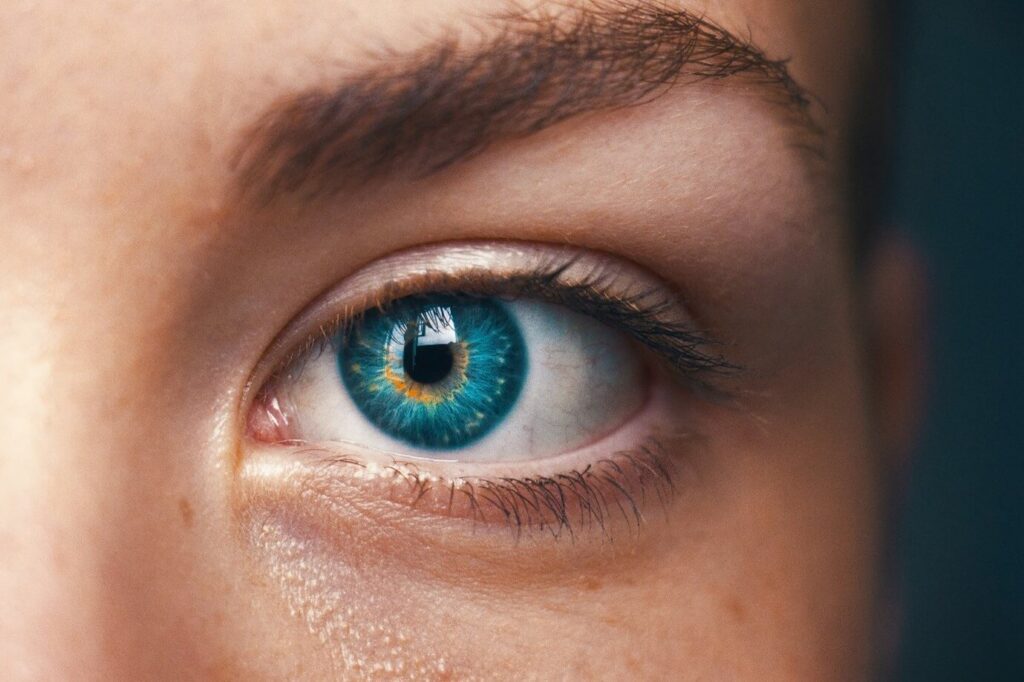
Vision
Older age often brings many changes to the senses such as reduced eyesight because of cataracts, glaucoma, macular degeneration and other diseases. Even without these changes, dementia can affect how the brain interprets what it is seeing which can be confusing for the person.
Examples:
- A dark patch on the floor might be interpreted as a hole in the ground.
- Colour perception also changes which is why high contrast is better for those with dementia.

Hearing
Hearing loss can occur as we age for a variety of reasons and is considered a risk factor for developing dementia due to the unintended consequences such as reduced social interactions, reduced quality of life, and depression.
Example:
- For someone with dementia they may have good hearing but still struggle to understand what they are hearing due to changes in the brain.

Smell and Taste
Smell is often affected first by Alzheimer’s Disease and is also linked to taste so changes to both these senses can occur. This affects how people experience food.
Examples:
- They may crave strong flavours such as sweet or salty foods
- They may enjoy unusual flavour combinations

Touch
Some people may experience hypersensitivity in some parts of their body – resulting in greater tenderness whilst in others hyposensitivity, meaning a loss of sensation. Older people tend to feel the cold more leading them to be more vulnerable to hypothermia. For people living with dementia, as the disease progresses, the ability to distinguish between hot and cold is affected.
As we age our pain threshold rises, this does not mean that we do not feel pain, we still do. It just may mean that people do not complain of pain until it is more advanced. Changes to touch receptors in the hand can affect dexterity.
For people with dementia, whilst there are many significant changes to the other senses, hearing and touch remain largely intact.
Example:
- Someone with dementia might say when bathing that the water is too hot when in fact it is cold.
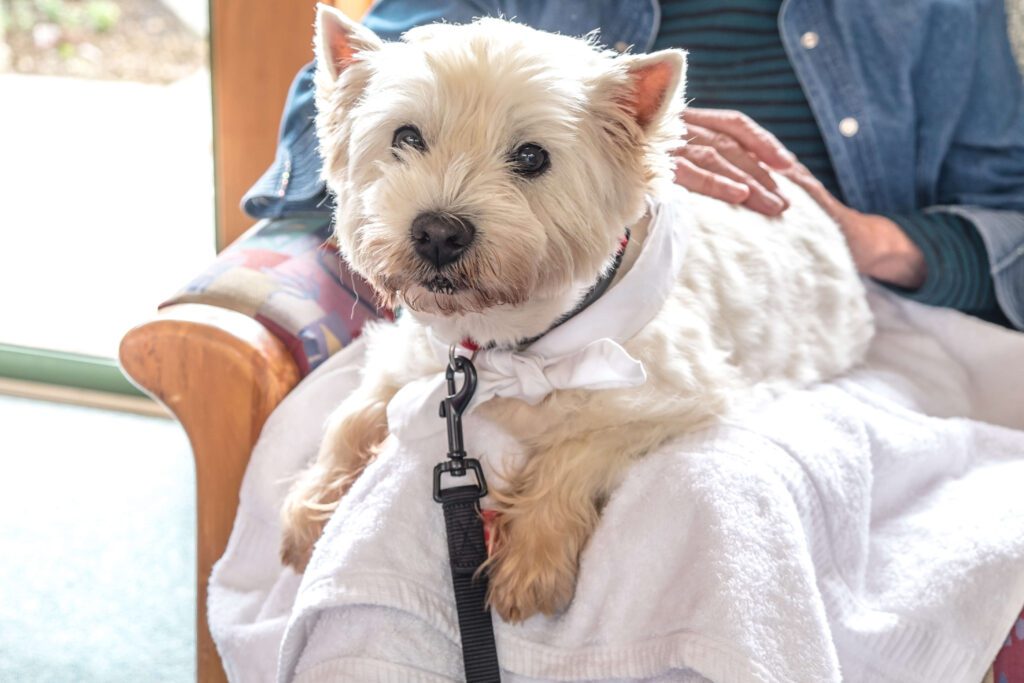
What is Tactile (Touch) Stimulation?
When we stimulate our senses, we are stimulating our brains because the brain processes information coming from our senses.
Tactile stimulation involves using objects to stimulate the sense of touch.
Purpose of tactile stimulation and the importance in dementia care
We use tactile stimulation to help promote positive feelings, stimulate the brain, promote well-being, and enable functional abilities.
Along with tactile/touch, the senses of proprioception and vestibular are highly important in dementia care for:
- Decreasing agitation and anxiety
- Improving the ability to feel more organised, self-aware, and physically present
Touch can be an important way for loved ones to communicate with the person living with dementia. It can be reassuring and comforting giving them a sense of not being alone.
Who can provide tactile (touch) stimulation?
Whilst you or your family or care worker can implement touch stimulation activities, we recommend that you seek the advice of an Occupational Therapist who can assess your or your loved one’s needs and provide advice on the most appropriate activities.
Tips and Ideas of Tactile (Touch) Activities to Try
Everyone has their own preferences as to what they like/dislike so it is important to take note of this when planning and trying different activities.
Tips for tactile (touch) activities
When you start introducing new/familiar materials for tactile activities, you may consider the following to give more chance of success
- Observe the person with dementia for signs that might indicate that they are enjoying or not enjoying the sensation.
- If you are not familiar with their preferences, try different sensations/objects until you find those that elicit a positive response.
- Take note of what has been successful and what has not.
Signs that they might not like the activity include:
- Pulling or pushing away from the object
- Grimacing
- Crying or otherwise distressing vocalisations
Signs of enjoyment:
- Laughing, smiling
- Relaxing
- Reaching for the object
Sensory activities can be used to either soothe or arouse. For soothing activities, choose one that involves minimal textures, is repetitive and quiet. If you want to awaken, choose those activities that have a high intensity or are highly textured.
Examples of soothing activities
- Molding putty/dough or bread. The latter has the bonus of stimulating the sense of smell.
- Brushing hair – this can be very soothing for some people.
- Gentle Hand Massage – make sure the person doesn’t have any allergies to creams or fragrances. Using a non-fragranced cream such as Sorbolene is probably the best option.

Examples of energizing activities
- Feeling different textures – create a box of items with different textures – fabric, paper, wool, wood (make sure it is smooth), squishy balls, and soft toys. Fabric swatches can be a great way to introduce different textures. You could purchase fabric remnants to make your own or utilise old clothing you would normally throw away by cutting small sections off.
- Hide small objects in a bowl of rice and ask the person with dementia to find the items.
- Drawing patterns in sand – use a tray filled with sand or fine salt. Make sure the tray has edges to keep the sand well contained.
- Marble Mazes – you can find instructions on how to make these on YouTube and other sites.
- Scrunching tissue paper
- Fiddle blankets/mats – these are generally made of fabric with a variety of objects securely sewn on, that provide different textures and opportunities for interactions. One of our talented Occupational Therapists makes these, you can find them here.
- Patting animals – not only is this a great way to stimulate the sense of touch, but pet therapy is recognised as being beneficial for people with dementia, promoting reminiscence and feelings of well-being.
In Summary
In conclusion, the use of tactile stimulation in dementia care strategies has the potential to greatly enhance the well-being and quality of life of people with dementia. By harnessing the power of touch, we can create meaningful connections, alleviate distressing symptoms, and promote cognitive engagement. With further research, awareness, and the incorporation of tactile stimulation into dementia care, we can make a profound difference in the lives of those living with dementia and provide them with the dignity, comfort, and joy they deserve.
Memory Nurture has passionate and experienced Occupational Therapists and Therapy Assistants who offer evidence-based therapy including sensory activities with people living with dementia.
For further information on our programs, follow the links below:



